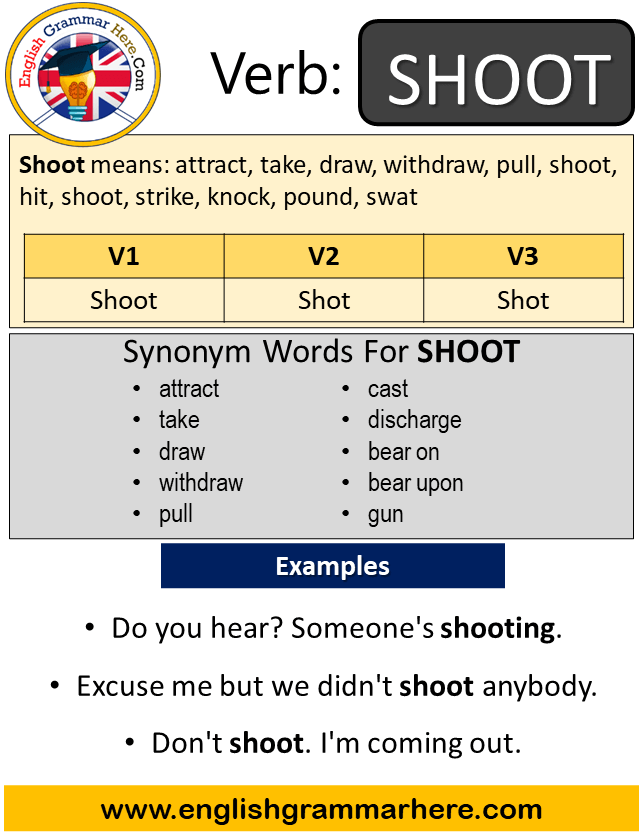

Are is present tense?Īm / Is / Are (Present Tense - Be Verb) What Go means? When you go somewhere, you move or travel there. Word forms: 3rd person singular present tense goes, present participle going, past tense went, past participle gone In most cases the past participle of go is gone, but occasionally you use ‘been’: see been. The past perfect is gone, he has gone home for now. For example, he went to school today and every day. It is the only verb that has a suppletive past tense. “ Go” is an irregular verb in English and has wide range of uses, usually when you’re moving from place to place. The past perfect is optional only when talking about an action at a specific time. If the sequence is clear, the past perfect is not needed. The past perfect is not necessary if we are not ‘going back’ to the earlier past, and simply moving from one event to another. However, when we look back from a certain time in the past to tell what had happened before, we use Past Perfect. We use Simple Past if we give past events in the order in which they occured. What is difference between past and past perfect? Answer: Had I been there I would have helped the small child. Had I been there and helped the child?Īnswer.

It does not matter which event is mentioned first – the tense makes it clear which one happened first. It is used to make it clear that one event happened before another in the past. The past perfect refers to a time earlier than before now. The Past Perfect tense in English is composed of two parts: the past tense of the verb to have (had) + the past participle of the main verb. For example: subject + had + past participle = past perfect tense. To form the past perfect tense you use the past tense of the verb “to have,” which is had, and add it to the past participle of the main verb.

… The past perfect tense is for talking about something that happened before something else. The past perfect, also called the pluperfect, is a verb tense used to talk about actions that were completed before some point in the past. Its present perfect tense is “ has hit/have hit,” and its past perfect/pluperfect tense is “ had hit.” Below are some examples. The past participle (“ hit”) is used to form its perfect tenses. “To hit” is an irregular verb where the simple past tense is identical to its past participle. (nonstandard) Simple past tense and past participle of hit. : to be affected badly : to be harmed Many families have been hit hard by the layoffs. Conjugation of ‘Hurt’ Base Form (Infinitive):Ĭonjugation of ‘Hit’ Base Form ( Infinitive):


 0 kommentar(er)
0 kommentar(er)
